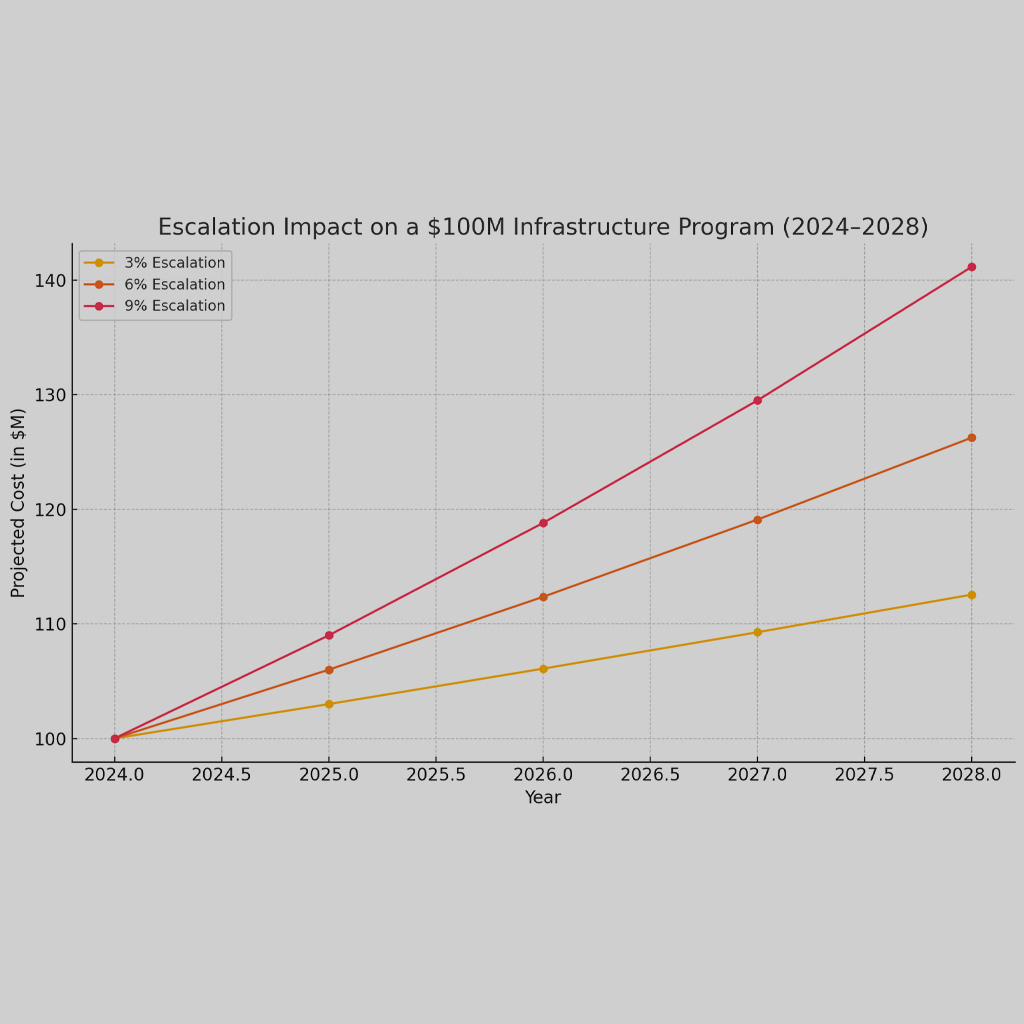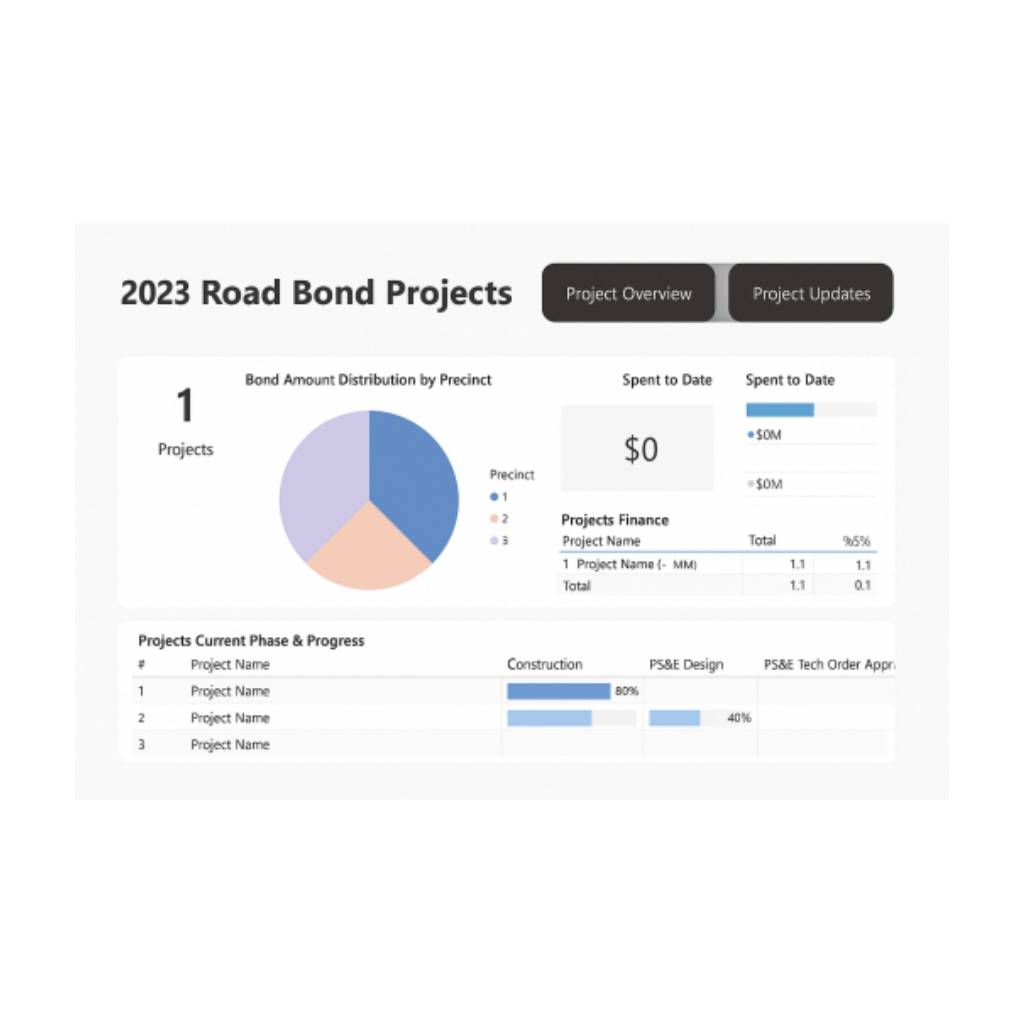Construction projects are complex endeavors that require a great deal of planning, coordination, and execution. Unfortunately, these projects are often plagued by budget overruns that result in significant financial losses for contractors and building owners. Implement the following recommendations to help you avoid these costly setbacks.
1. Develop a Detailed Budget Plan
The first step in preventing budget overruns is to develop a detailed budget plan that takes into account all the costs associated with the construction project, including materials, labor, equipment, and contingency funds. This plan should be updated regularly throughout the construction process to reflect any changes in the scope of work or costs.
2. Accurately Estimate Costs
One of the biggest contributors to budget overruns is inaccurate cost estimates. To ensure that your cost estimates are as accurate as possible, consider hiring a professional cost estimator who has experience in your specific type of construction project. Accurate cost estimating can also improve relationships between project stakeholders by reducing misunderstandings and disagreements about the project’s budget.
3. Utilize Project Management Software
Project management software can be a valuable tool for preventing budget overruns by allowing you to track expenses, manage resources, and monitor progress in real-time. Some software programs even provide automatic alerts when costs exceed budgeted amounts, so you can take action to prevent further overruns.
4. Monitor Progress and Expenses Regularly
Regular monitoring of the construction project is crucial for preventing budget overruns. This should include regular updates on progress, as well as ongoing tracking of expenses. This information can then be used to identify areas where costs are exceeding budgeted amounts and make necessary adjustments to prevent further overruns.
5. Communicate Regularly with all Parties Involved
Effective communication is key to preventing budget overruns. This includes regular communication and updates with the construction crew, subcontractors, suppliers, building owners, and stakeholders. Regular communication can help ensure that everyone is on the same page and any potential issues are addressed quickly, before they result in costly overruns.
6. Establish a Contingency Fund
A contingency fund is a set amount of money set aside to cover unexpected expenses during the construction process. This can be especially important for preventing budget overruns, as it provides a safety net to help absorb the costs of any unexpected events or changes in the scope of work.
7. Minimize Change Orders
Change orders are changes to the scope of work that can result in additional costs. To minimize the number of change orders during the construction process, be sure to clearly define the scope of work in the contract and communicate any changes promptly and effectively with all parties involved.
8. Consider Alternative Delivery Methods
Alternative delivery methods, such as design-build or construction management, can help reduce the risk of budget overruns by placing more of the responsibility for cost control on the contractor or construction manager. This can result in more efficient and effective cost management, as well as a reduction in the number of change orders.
9. Regularly Review and Evaluate
Regular review and evaluation of the construction project can help identify areas for improvement and prevent future issues. It is also important to ensure that the project is progressing as planned, within budget, and meeting the desired quality standards. This helps to identify any potential issues early on, allowing for timely and effective remediation. It also helps to verify that the project is aligned with the goals and objectives of all stakeholders.
10. Hire Experienced Professionals
Hire experienced professionals to help manage the construction project. This includes experienced architects, engineers, cost estimators, project managers, construction crews, and a project management consultant (PMC).
A PMC is key for overseeing large construction projects from the planning phase to project closure, and serving as the owner’s representative, managing contract compliance, schedule enforcement, budget management, vendor management, and stakeholder communication. Engineer firms, architecture firms, and construction contractors claim to be able to provide these services, but the fact is they are experts in engineering, architecture, and construction not program management.
Preventing budget overruns on construction projects is a complex process that requires careful planning and diligent execution. There are numerous factors that can impact the budget of a construction project, including project scope, cost of materials, and labor costs. To prevent budget overruns, it is crucial to have a detailed budget plan that takes into account all of these variables and to regularly review and adjust the budget as needed. Effective communication and collaboration between all parties involved, including the contractor, subcontractors, and clients, can also help ensure that everyone is on the same page and working towards a successful outcome. By following these tips and being proactive about managing your budget, you can help ensure that your construction project stays on track and stays within budget.
At Front Line Advisory Group, we provide program management consulting services for capital improvement bonds. We are revolutionizing the construction industry and transforming client expectations by obsessing over the basics of budget oversight, schedule enforcement, compliance, vendor management, and stakeholder communication. Contact us for more info at info@frontlineadvisorygroup.com.













